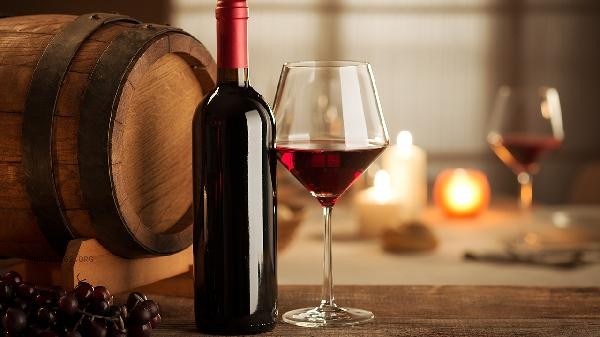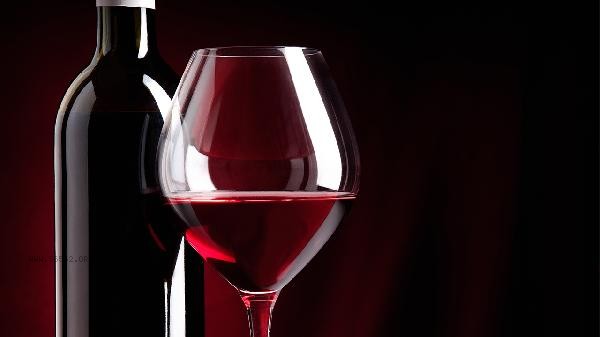Drinking red wine without eating at night cannot achieve the effect of healthy weight loss. Although red wine contains a small amount of antioxidants, it is high in calories and lacks satiety. Long term consumption on an empty stomach may stimulate the gastrointestinal tract and lead to muscle loss. The alcohol content of red wine can inhibit fat metabolism, producing approximately 7 calories per gram of alcohol, which is close to the calorie value of fat. When the metabolism of the human body slows down at night, alcohol is preferentially broken down, and the remaining calories are more easily converted into fat accumulation. Drinking alcohol on an empty stomach can accelerate alcohol absorption, increase liver burden, and the tannic acid in red wine may stimulate the gastric mucosa, causing acid reflux or stomach pain. Lack of protein and dietary fiber intake can cause the body to break down muscles for energy, leading to a gradual decrease in basal metabolic rate and instead forming a predisposition to obesity. Some studies suggest that resveratrol in red wine may help regulate blood lipids, but it requires daily consumption of over 300 milliliters to reach the experimental dose, far exceeding the recommended safe drinking amount of 25 milliliters in dietary guidelines. The beneficial ingredients actually consumed through red wine are minimal, far inferior to directly consuming fruits such as grapes or blueberries. Alcohol can also interfere with sleep quality. When sleep is insufficient, the body secretes more hunger hormones, making it easier to overeat the next day.

Healthy weight loss requires controlling total calories and ensuring nutritional balance. It is recommended to choose high protein and low-fat foods with vegetables for dinner, such as chicken breast mixed with broccoli or steamed fish with spinach. Completely skipping dinner may lead to low blood sugar and overeating tendencies, which can be changed to earlier dinner time or reducing the proportion of staple foods. The weekly consumption of red wine should not exceed 100 milliliters, and it should be avoided to drink on an empty stomach. Drinking alcohol should also be accompanied by sufficient hydration. Long term weight loss requires a combination of aerobic exercise and strength training to improve basal metabolic efficiency by increasing muscle mass.











Comments (0)
Leave a Comment
No comments yet
Be the first to share your thoughts!